Thanks for signing up again to help pollinators in 2024!
Please watch your email for marketing materials and important updates.If you have any questions, please email us at BKW2024@caledoniaspirits.com
Bee’s Knees Week is now a proud member of 1% for the Planet!
Every year in September, bars, restaurants, spirit stores, cocktail fans and environmental stewards come together to celebrate pollinators and raise awareness about their importance to our planet and wellbeing.
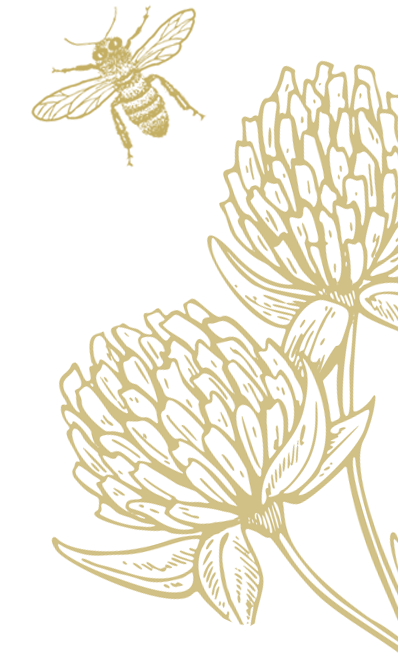
Drink the best & Save the bees
During Bee’s Knees Week, the simple act of enjoying a refreshing Barr Hill Bee’s Knees cocktail helps protect pollinators! Here’s how it works:
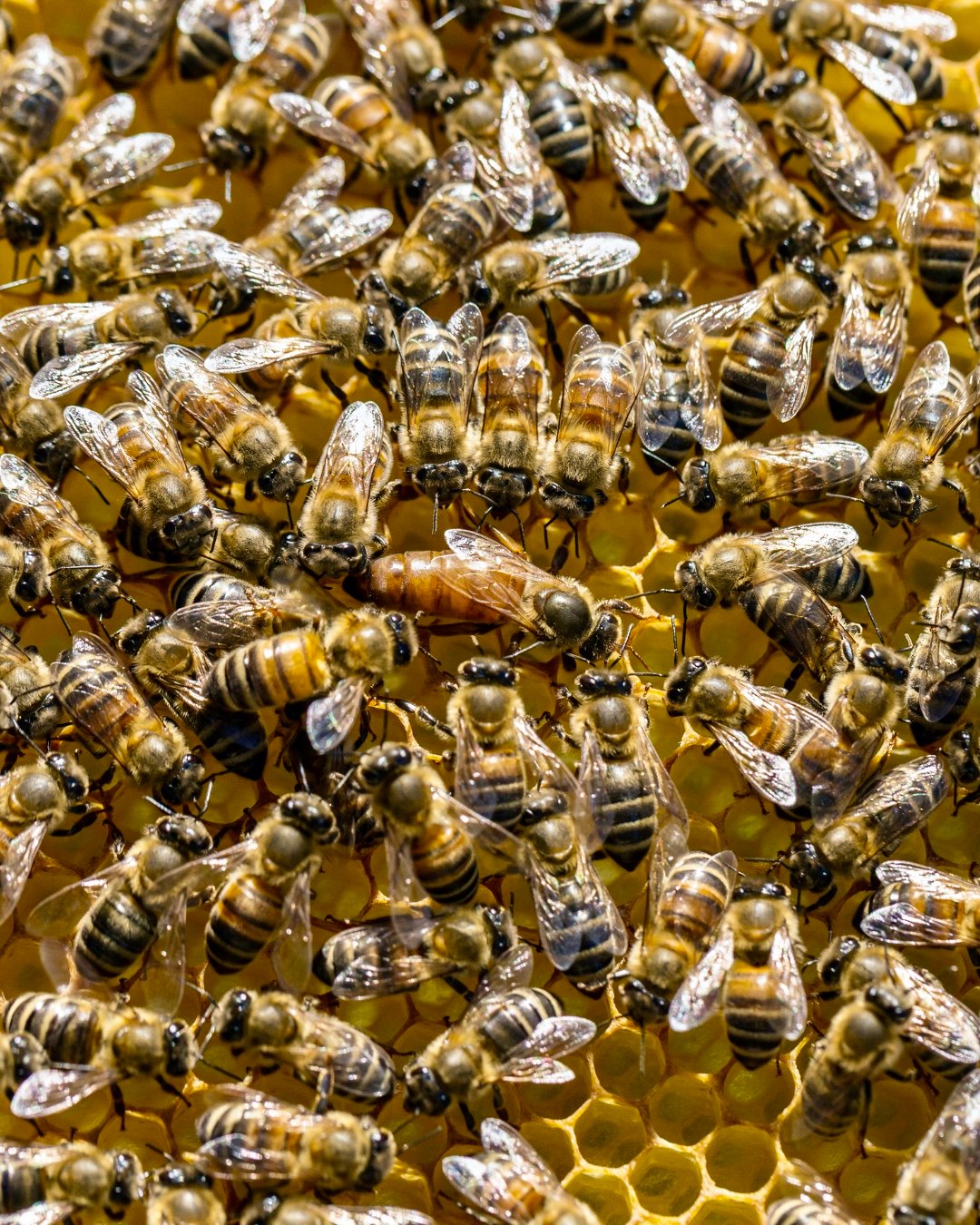
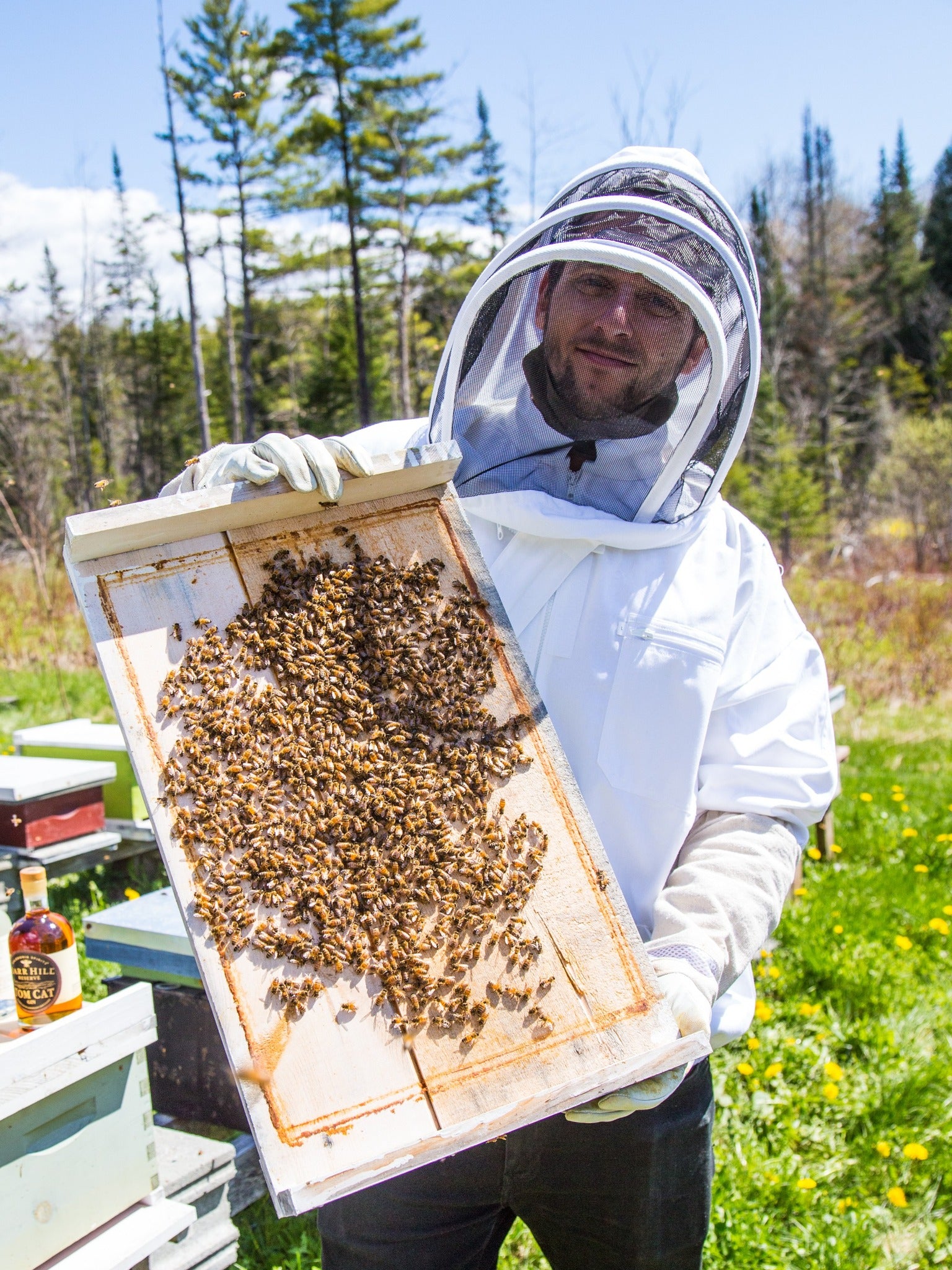
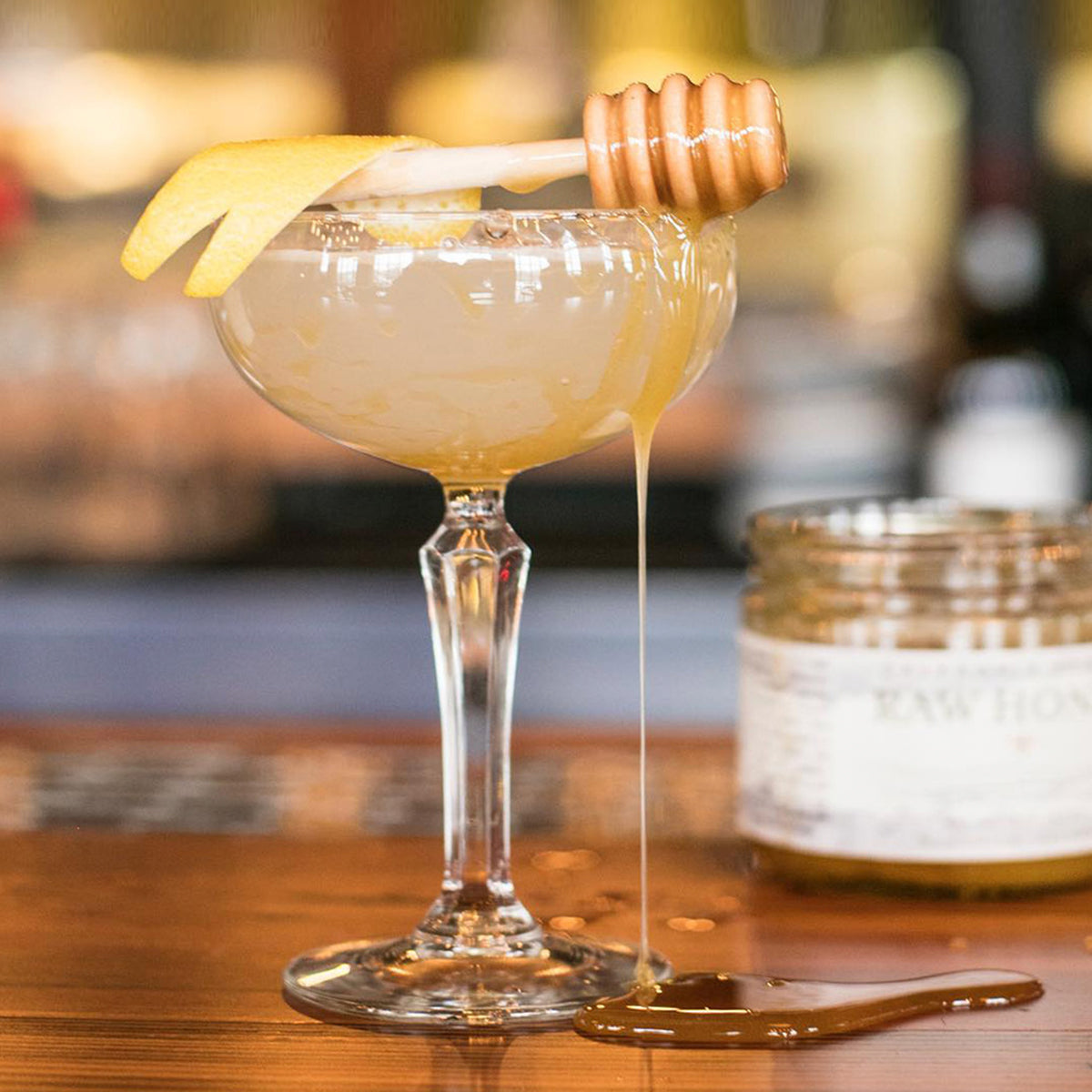
-
What can we do to help?
- Support your local beeekeeper! Buy real local raw honey and organic fruits and vegetables whenever possible!
- Be conscious while gardening or tending to your lawn. Refrain from using neonicotinoids or other harmful pesticides, fungicides, or herbicides. Plant native pollinator friendly plants and reduce the amount of open grass space. Don’t weed out everything! Check out the US Fish & Wildlife’s guide to planting for pollinators.
- Work in your community to encourage the conservation of wild pollinator habitats.
- Consider keeping bees. There are many easy to care for hives and organizations to help you get started.
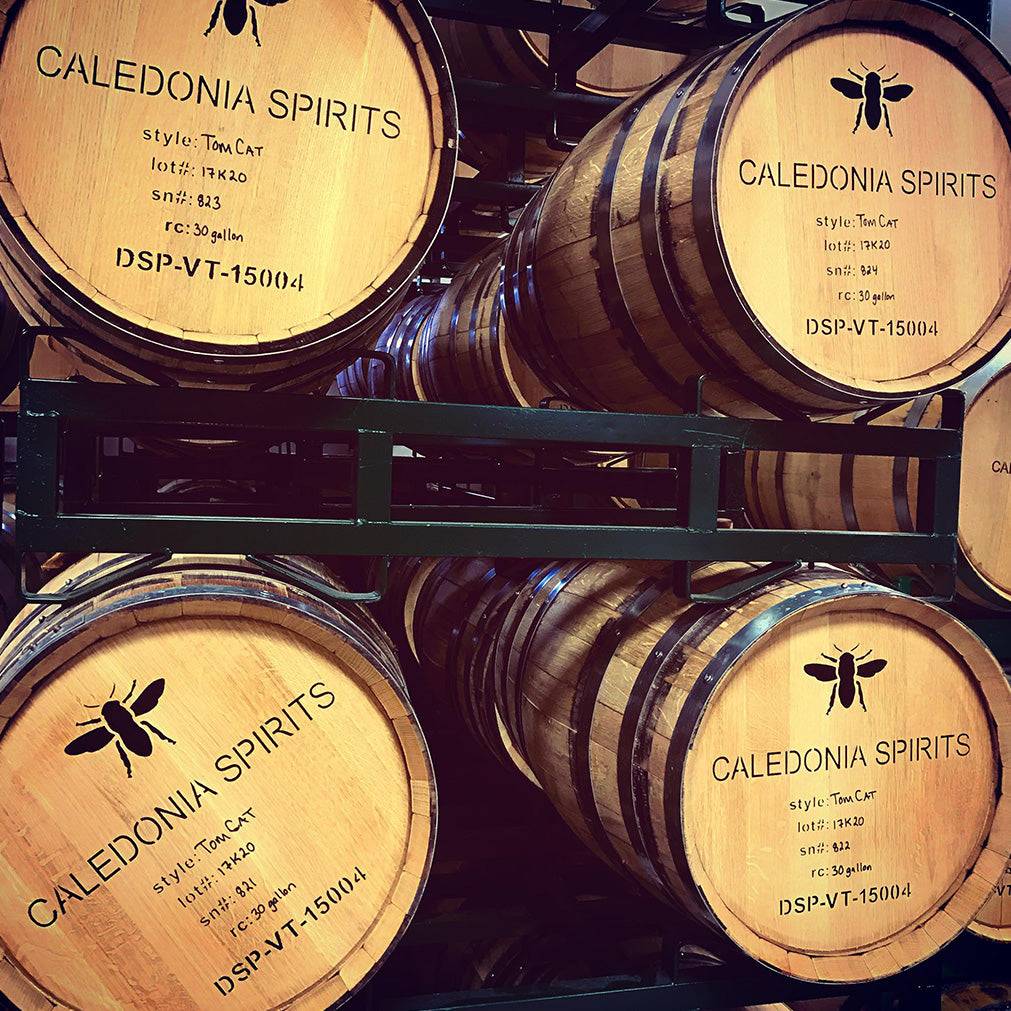
Are you at least 21?
You must be of legal drinking age to enter this website.
- Choosing a selection results in a full page refresh.







